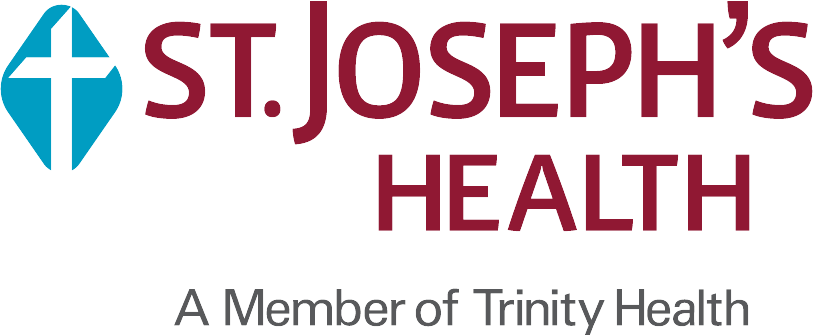Make the Great American Smokeout Your Day to Quit Tobacco 2023
Syracuse, NY (November 17, 2022) – Today is the Great American Smokeout and Central New Yorkers who smoke or use tobacco can take a first, big step to improving their health by joining this national quit day. Tobacco use remains the leading preventable cause of death and disease in the United States. Smoking kills approximately 28,000 New York residents every year and 750,000 adult New Yorkers are living with a smoking-related illness.
During the Great American Smokeout, the Central New York Regional Center for Tobacco Health Systems at St. Joseph’s Health urges smokers throughout the region to make a plan to quit smoking by contacting their health care providers, which will give them the greatest chance for success in quitting.
“The Great American Smokeout may only be one day, but it’s the perfect opportunity for smokers to start their journey toward being smoke-free,” said Kristen Richardson, Director of the CNY Regional Center for Tobacco Health Systems at St. Joseph’s Health. “We know that quitting smoking is not easy; it takes time, support, and a plan. We are urging you to use this day to create your plan to quit and take a vital step toward improving your life and reducing your risk of cancer.”
Quitting smoking is associated with an 80% drop in risk of death, compared to risk for current smokers, according to a new study by the Journal of the American Medical Association (JAMA). The risk of death increased to 90% among those who quit before age 45. Those who quit smoking and vaping also have a lower risk of lung cancer, cardiovascular disease, and chronic obstructive pulmonary disease (COPD).
The team at Central New York Regional Center for Tobacco Health Systems works with medical and behavioral health systems throughout the area to establish system-wide policies to screen for and treat tobacco dependence.
“Health care providers are in a unique and critical position to help their patients quit smoking by treating their nicotine addiction with proven and effective treatments,” said Richardson. “When health care providers treat smoking and nicotine addiction through counseling and medication, long-term abstinence rates increase dramatically. In fact, it can double or triple their patients’ chances of success.”
There are many programs in CNY that can assist tobacco users with quitting. For help quitting, the Central New York Regional Center for Tobacco Health Systems at St. Joseph’s Health encourages smokers to discuss quitting with their doctor and contact the New York State Smokers’ Quitline at 1-866-NY-QUITS or www.nysmokefree.com.
In recognition of the Great American Smokeout, our partner hospital, St. Peter’s Health Partners in Albany, will conduct two free VIRTUAL, 30-minute group counseling sessions on November 17, at 12 pm and 12:30. Register here.
# # #
About St. Joseph's Health
“St. Joseph’s Health is non-profit health care system based in Syracuse, NY. St. Joseph’s has been an innovative leader in health care since our founding in 1869 as the first hospital open to the public in the city of Syracuse. Offering primary, specialty and home care, a Magnet-recognized hospital, and collaboration with community partners, St. Joseph's Health advances the well-being of the communities we serve through an expanding range of services to ensure our patients achieve optimum long-term health. St. Joseph’s is one of America’s 50 Best Hospitals for Cardiac Surgery and one of America’s 100 Best for Spine Surgery and Coronary Intervention according to Healthgrades. It is ranked by Consumer Reports among the top 15 heart surgery centers in the country, a designated Stroke Center and a U.S. News “Best Regional Hospital.” St. Joseph’s Health is affiliated with St. Joseph’s Physicians, and is a member of Trinity Health. For more information, visit www.sjhsyr.org/legacy.”
About Trinity Health
Trinity Health is one of the largest not-for-profit, Catholic health care systems in the nation. It is a family of 115,000 colleagues and nearly 26,000 physicians and clinicians caring for diverse communities across 25 states. Nationally recognized for care and experience, the Trinity Health system includes 88 hospitals, 131 continuing care locations, the second largest PACE program in the country, 125 urgent care locations and many other health and well-being services. Based in Livonia, Michigan, its annual operating revenue is $20.2 billion with $1.2 billion returned to its communities in the form of charity care and other community benefit programs.
